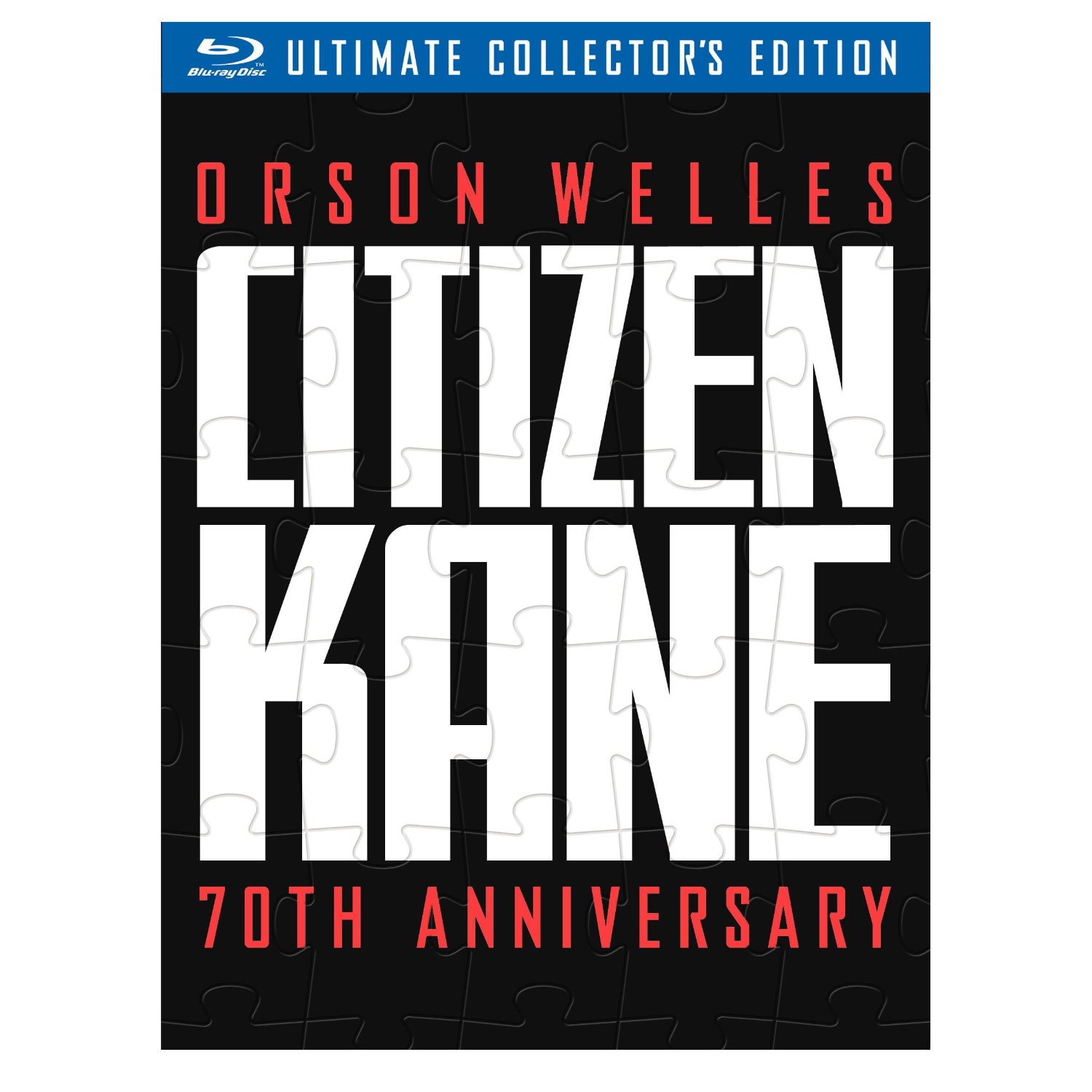
1940s audiences were more likely to have believed that Mrs. Kane responded, "That's why he's going to be brought up where you can't get at him." (Some present-day fans of the film interpret this to mean that Mr. remarked, "what the kid needs is a good thrashing." Mrs. When Charles objected violently to being sent away with Thatcher, Kane Sr. In one of many flashbacks, the Thatcher memoir shows Kane's mother signing guardianship of the boy and his fortune over to Thatcher, despite his father's objections. Thatcher ( George Coulouris), Kane's early financial adviser and childhood guardian, who later became a prime target of the Kane newspapers' trust-busting attacks. Then he reads the unpublished memoirs of Mr. The reporter sees Susan Alexander Kane ( Dorothy Comingore), the tycoon's ex-wife she's drunk and won't speak to him. Thompson digs into Kane's life and hears a lot of stories, but none of them reveal the meaning of Rosebud.

He assigns a reporter called Thompson ( William Alland) to investigate Rosebud. The newsreel editor feels that until they know who or what Rosebud is they won't have the whole story on Kane. Most puzzling are his last moments: clutching a snowglobe, he mutters the word "rosebud." Kane, whose life was news and whose newspapers not only reported but formed public opinion, was central to his time, a larger-than-life figure. Interspersed with segments of his newsreel obituary are scenes from his life and death. The opening shots show Xanadu, Kane's vast, elaborate, and now unkempt estate in Florida. It's 1941, and newspaper tycoon Charles Foster Kane ( Orson Welles, who also directed and co-wrote the script) is dead.


 0 kommentar(er)
0 kommentar(er)
